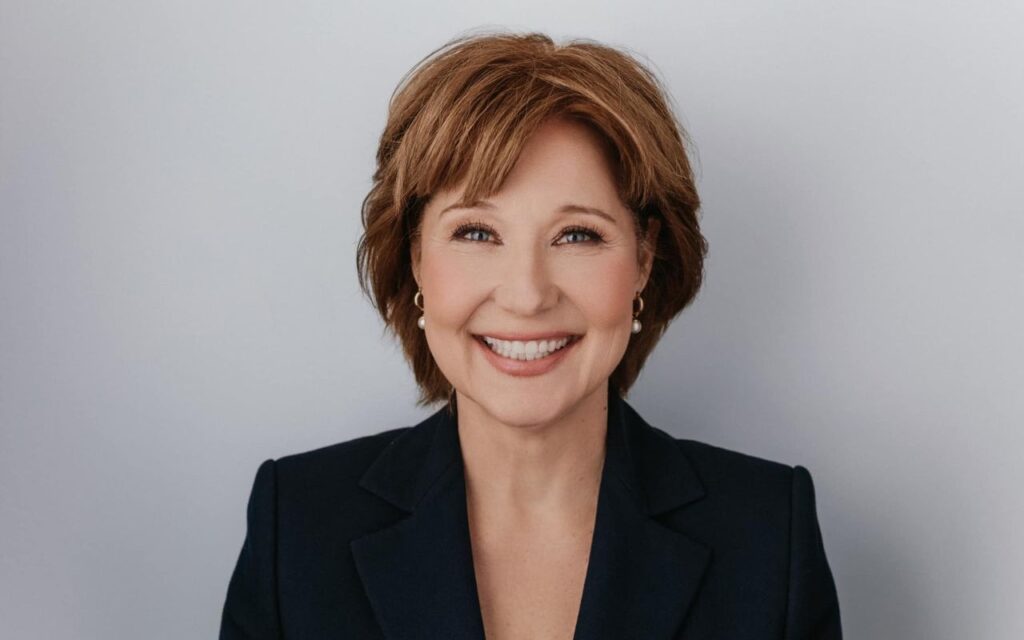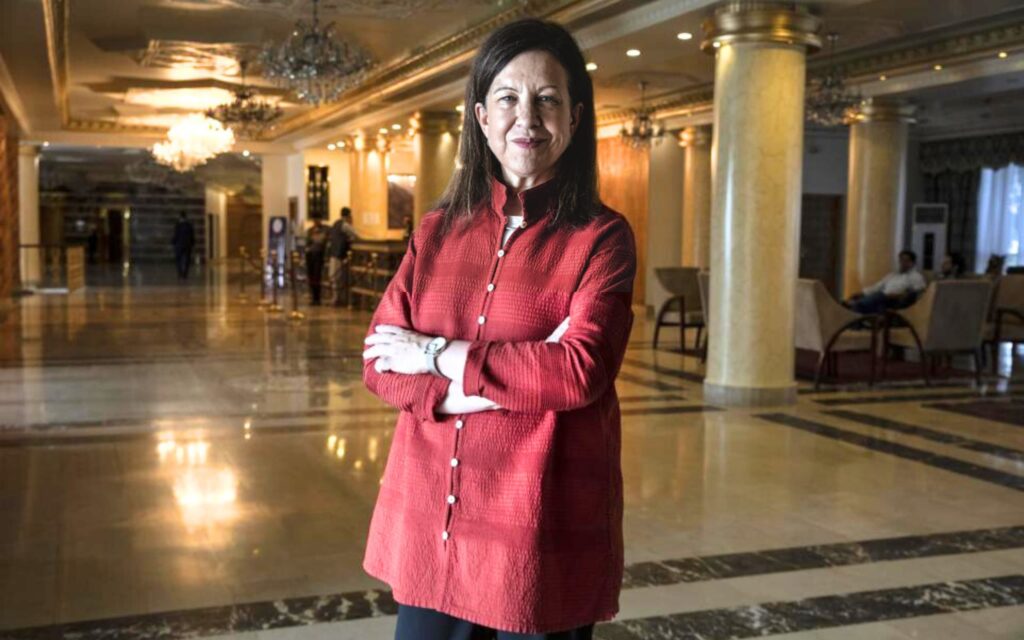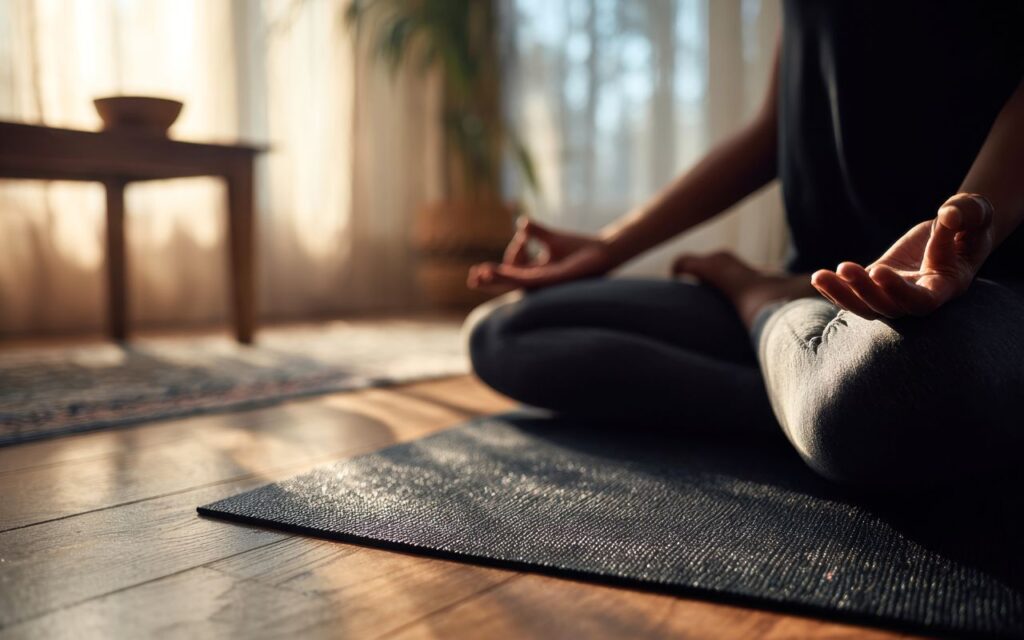
Jennifer Stewart: I’m going to jump right in. Who or what inspired you to get into politics?
Christy Clark: Well, I grew up in a family of four kids. My dad was a schoolteacher and very active in the teachers’ union. He was a BC Liberal – provincially and federally, back when the parties were joined. He’d make me go door-knocking with him when I was really little. I mean, I was just a kid, knocking on doors in a neighborhood that was entirely NDP. Sometimes the dogs would chase us out of the yard – it was terrible!
My mom was a daycare activist, working to create daycare options in our suburb of Burnaby. So there were always political conversations happening at home. At dinner, politics was talked about as a way to change the world. We didn’t grow up thinking politics was a terrible thing, which I think most people do. We saw it as a tool for good – for change.
Catherine Clark: That’s so interesting. I totally relate to the door-knocking part. When you’re a kid asking people if they’ll support your dad, it’s hard for them to say no – even if they don’t mean it. But for a lot of kids, that kind of experience can turn them off politics entirely. Yet you jumped in with both feet. Beyond growing up with the idea that politics could be a force for good, what made you choose it as your own career?
Christy Clark: Great question, because I have three older siblings and none of them got involved in politics. So it’s clearly not for everyone. I think it’s partly because I’m an extrovert, and I’ve always wanted to do good things in the world. I was just really interested in how politics could shape the world.
Those dinner table conversations really stuck with me. I remember when Pierre Trudeau brought in multiculturalism – my grandfather was at the head of the table one night saying it was a terrible thing for Canada, that we had to resist it. And then there was French on cereal boxes. You’re probably too young to remember, but people were really upset about that. It made me think about what kind of country we lived in. I didn’t have big ideas about changing it when I was five, but it sparked something in me.
It wasn’t purposeful, but maybe because I’m extroverted and had those early experiences, I was just naturally drawn to it.
Jennifer Stewart: How did you manage the public scrutiny of politics – first as a public figure, and then, frankly, as a woman in an era of rampant social media? How did you develop a thick skin and learn to compartmentalize that part of the job?
Christy Clark: You just have to suck it up. Honestly, there isn’t a good answer to that because it’s terrible, and it lives inside you. All the comments about your appearance – your hair, your weight, whether you’ve gained or lost – it stays with you. People would say things like, “I wouldn’t sleep with her,” or worse. What do you do with that?
So many women deal with that, whether they’re walking down the street or in the office. I had one guy introduce me to a room full of men by saying, “Here’s our premier – and guess what? She’s got boobs.” I mean, maybe if I’d been practicing some disciplined Buddhist meditation I could’ve let it go, but it really does sit with you. I don’t know about you, Catherine, but you’ve been the subject of public scrutiny your whole life – what do you do with that?
Catherine Clark: For me, I was someone’s kid – even if I was campaigning, too. And I do think people treat kids differently than they treat spouses or the elected official themselves. But to Jen’s point, you were a woman in a leadership role, and that rubs some people the wrong way no matter what. People become completely unfiltered. They forget you’re a human being. They say things like you’re just a symbol or a target, not a person with feelings.
Christy Clark: Exactly. I did just ignore it. I accepted it as part of the job and part of being a woman in a society where sexism and objectification are constant. It’s definitely worse for women – politics just magnifies it. But I told myself, “I’m not going to let you guys defeat me.” That’s what holds women back: the constant diminishing, the terrible comments.
The only way we move forward is if more of us say, “We’re going to do this anyway.” And the truth is, I also got so much support. People were incredibly kind – hugging me, talking to me, offering encouragement. Especially at the beginning, but even at the end.
Even recently, when I had my two-minute campaign for leader of the Liberal Party, I was astonished by how much support I got from across the country. It was so affirming. There are real upsides – the affirmation, the kindness, the generosity Canadians often show their leaders. You don’t fully realize it until you’ve lived it. I’m sure you saw it, too – when your dad retired, all the accolades, the lasting respect. That’s the great side of politics.
Jennifer Stewart: Christy, who’s the biggest mentor you’ve had throughout your life? And not to put you on the spot – but what’s the biggest piece of advice they gave you that shaped your perspective?
Christy Clark: I wouldn’t say I had one big mentor – that’s kind of hard to pin down. But I think the best piece of advice I ever got was: not everybody has to like you. People just need to know where you’re trying to go, and where you’re trying to take them.
What I took from that is that you need to have a plan – you need to have a vision – and you need to stick with it. Be disciplined, hold people accountable, and follow through.
The downside is that sometimes when your vision is really clear, you can lose some of the artistry. Being a politician isn’t like being a bureaucrat; you’re not just pushing through tasks. You’re painting a picture – and sometimes, that picture needs to evolve. You might want to add new colours, fix things. It’s a balancing act.
But overall, the best advice was: have a vision, stick with it, and inspire people with it. Because if you don’t know what you want to do, people will lose faith in you – and they should. If you don’t know what you’re doing, you shouldn’t be in politics.
Catherine Clark: To add to that – you’re also a straight shooter. In public, in speeches, in interviews – you’re very clear about what you think. How do you handle the pushback that comes with that? Especially because there’s still a double standard between how men and women are treated when they speak plainly.
Christy Clark: Yeah – and honestly, it’s a failing on my part as a politician to be both a woman and a straight shooter.
But I’ve always believed that if you don’t tell people what you really think, you’re kind of insulting them. In politics, lots of people avoid saying what they actually think because they’re afraid of the reaction. I’ve always felt I owed people the dignity of the truth.
That said, over the years I’ve gotten better at trying to accommodate other people’s views. Especially as I got older and worked with a broader range of people. In my world, I led a coalition party – the only way Liberals could form government was by bringing together natural conservative and liberal voters. That forces you to engage with different perspectives.
And honestly, my views have changed over time as a result of conversations I’ve had – and they should! Are we always right? I don’t think so. You can lay out what you want to do, take in feedback, and then evolve. You don’t always have to bulldoze forward – you can reroute the river.
Jennifer Stewart: What are you doing now to expand that focus or keep yourself engaged?
Christy Clark: Well, I’m very involved in my son’s world. If you ever want to put on a musical off-Broadway, let me know! I’ve been helping out with that side of the business.
I love the arts – I’m trying to be more involved in that space. And I’m also deadlifting a lot! I spend time with all the ladies at the gym lifting weights. I don’t compete, although I’m at that age where I could probably win something… the bar’s lower when you’re older, right? So I might go for it.
I also support a lot of young women who are trying to find their path. I’m writing a book, and I hope it’ll be funny – there’s a lot of dumb things I’ve done, and dumb things people have done to me, that I can tell stories about.
And I travel a lot. So I’ve got lots going on.
Jennifer Stewart: And who is your favourite band or artist?
Christy Clark: Oh, The Clash. 100 per cent. My top album? London Calling. I absolutely love them.
There’s also this band from Ireland called Stiff Little Fingers – a really great punk band. Hardcore, super political. I love bands that are complaining about something, that have a message, you know?
I kind of grew up in the ’80s, so that era of music really stuck with me. New York Dolls – so great. Just raw and different.
And funnily enough, I saw Mark Carney do an interview with Nardwuar – you know, from BC? That rock-and-roll bad boy interviewer. Turns out Mark likes all the same bands I do! I mean, people might look at me and think, “Yeah, okay, I could see her being into that.” But Mark Carney? I don’t know, that surprised me. He’s into The Dictators, Richard Hell – you name it. There’s something kind of healing about that. Really cool.







